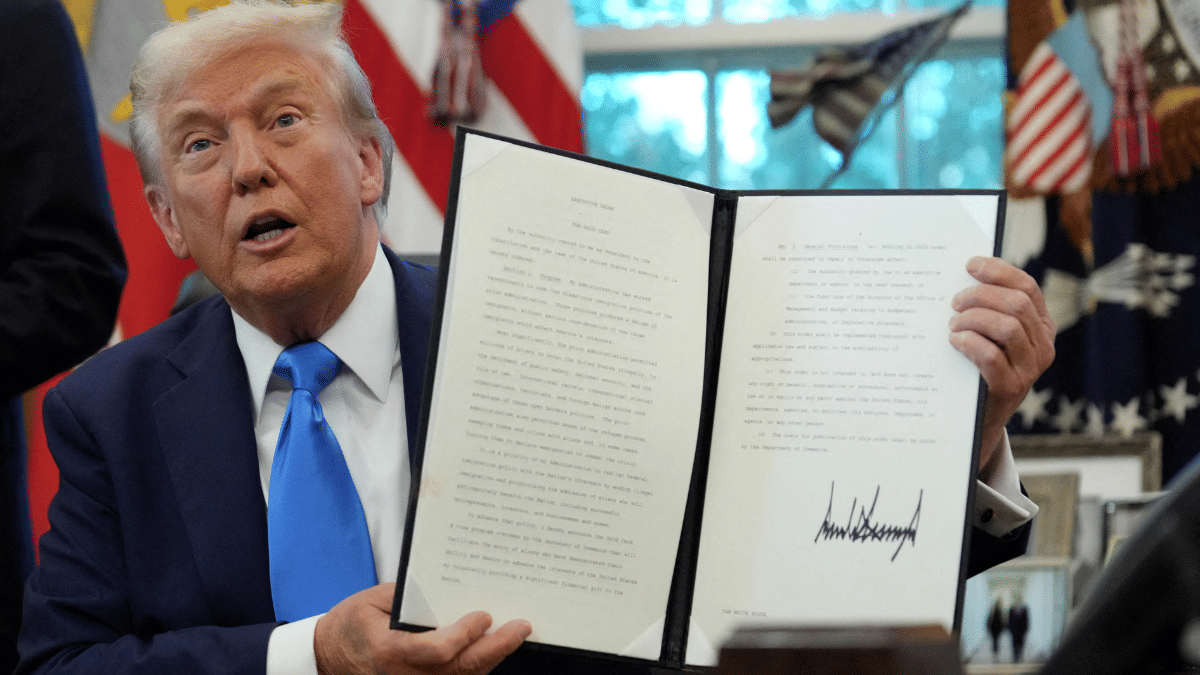Trump-Era H-1B Visa Crackdown: Impact on India's IT Sector and US Workforce Strategies
The potential H-1B policy shifts under a Trump administration signal a fundamental re-evaluation of global talent strategies for tech companies and skilled workers alike, emphasizing localization and offshore growth.

Subscribe to our newsletter and stay informed about latest H1B news, policy updates and and other developments.
Article Summary
Trump's H-1B visa policy changes are anticipated to significantly impact India's IT sector, compelling firms to re-evaluate their onshore-offshore models. Experts predict a strategic shift towards accelerated offshore delivery, increased hiring of U.S. citizens, and a focus on sponsoring H-1B visas exclusively for critical business roles. These measures are also expected to boost the growth of Global Capability Centers (GCCs) in India and other near-shore countries.
Original Article: theprint.in
[ Sentiment: negative | Tone: factual ]
This summary and analysis were generated by TheNewsPublisher's editorial AI. This content is for informational purposes only; it does not constitute legal or immigration advice.
[ Sentiment: negative | Tone: factual ]
This summary and analysis were generated by TheNewsPublisher's editorial AI. This content is for informational purposes only; it does not constitute legal or immigration advice.
TNP AI: Key Insights
This analysis revisits the implications of past restrictive H-1B policies, specifically Trump-era proclamations, which aimed to limit access and reshape the program. Understanding these historical precedents is crucial for anticipating future policy directions and their potential impact on the skilled immigration landscape.
While the U.S. considers tightening H-1B access, countries like Canada continue to actively recruit skilled foreign talent through programs like Express Entry, potentially diverting talent flows. This divergence in immigration policy creates a competitive landscape for global talent, pushing companies to diversify their workforce strategies beyond the U.S.
For tech companies and their clients, such H-1B restrictions would necessitate a fundamental re-evaluation of their talent acquisition and project delivery models. This could lead to increased operational costs, project delays, and a strategic pivot towards strengthening global capability centers (GCCs) in India and near-shore locations, impacting both profitability and innovation timelines.
The expectation of legal challenges suggests ongoing policy uncertainty, which could complicate long-term workforce planning for employers. Furthermore, the anticipated acceleration of GCC growth and near-shoring could fundamentally reshape the global IT services industry, creating new hubs of innovation and employment outside the traditional U.S. market.




